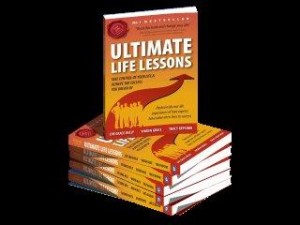If you want to be successful, then learn to think like an Olympian such as Jessica Ennis, Dani King, Laura Trott, Joanna Rowsell,Helen Glover, Heather Stanning or any of the major athletes who have been successful in the hunt for medals at London or any other Olympics.
This for me has been the key message of the 2012 Olympic games. Time after time, medal winning athletes have talked about their mental preparation. The commentators have reflected on the importance of sports psychologists in helping these athletes reach the top of their game.
The Australian swimmer, Ian Thorpe, commentating for the BBC this year, talked about how he would visualise every moment of the race, right down to the feel of the water as he dived in, and as he swam.
How detailed is that?
It’s easy to believe that things are impossible, or that we don’t have the experience or…or… Yet Helen Glover only started rowing 4 years ago. To go from that to winning an Olympic gold in 4 years is remarkable. I know – I took up rowing at University and it’s a hard discipline. Of course Glover spent hours in physical training – you don’t get a body like that just by thinking about it. But the belief that it’s possible and the attitude are essential too.
So the key things I have learned about success, or had reinforced so far from watching the Olympics are:
- The power of visualisation – the more detailed the better, the more you use every sense the better
- Impossibility and possibility are all in your mind
- Success requires dedication and consistency.
- Success comes easiest when there is a reward to be had – whether it’s a medal, or the cheers of the crowd, or recognition or money or whatever. Something to focus on which will take you through the pain barrier time again and again
- If you want to succeed you need to develop a winning mindset
- Focus, focus and more focus to exclude all those interesting distractions that pull you off track
- It’s much easier when you have a coach and a support team behind you.



